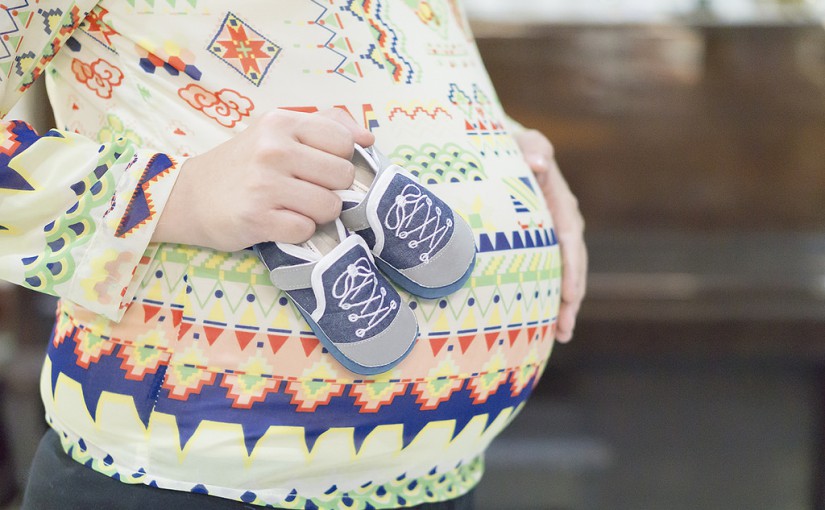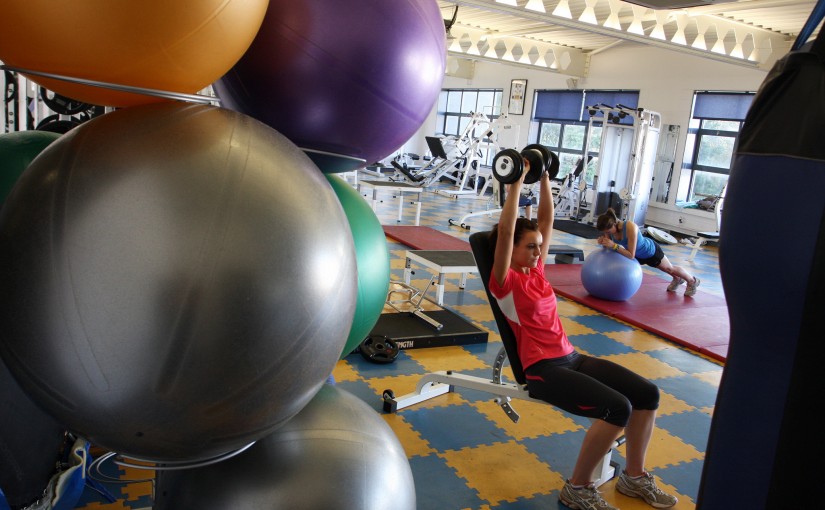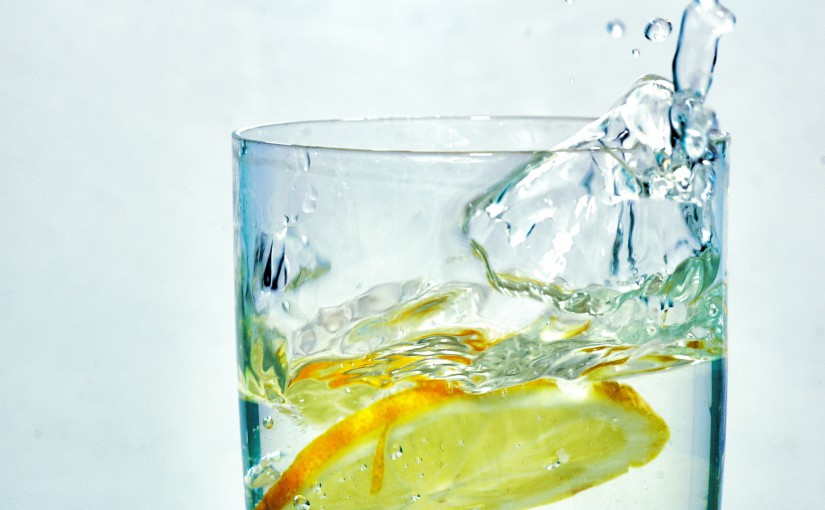(Photo credit: Bayu Aditya/Creative Commons)
No one enjoys the feeling of constipation. It’s downright unpleasant to face a difficult and painful time when you’re using the washroom.
If you’ve had the good fortune of never experiencing constipation, consider yourself lucky. Constipation is when it’s difficult to empty your bowels or you pass hard painful stool when you do. Many Canadians, both young and old, suffer from this condition with one in four Canadians experiencing symptoms.
Pregnant women face many changes to their body during pregnancy, but they also have a higher chance (11-38%) of experiencing constipation.
During pregnancy, the body adapts to a growing baby by having your intestines absorb more water, which causes the stool to dry out, and releasing higher levels of progesterone and lower levels of the hormone motilin, which leads to food taking longer to pass through the digestive system. Combined with pregnant mothers resting more frequently and taking more vitamin supplements, the likelihood of constipation increases.
Water is usually a simple solution to relieve expectant mothers from the pain and annoyance of constipation, but it also helps them avoid it too.
Mothers to be should be drinking 2.3 litres of water a day. This will help pass more urine through their bodies and loosen up the stool in their systems, which means they’ll use the washroom more frequently and with less stool each time.
But that’s not the only way to banish discomfort the next time you go to the washroom.
You are what you eat. Indulging in a high fibre diet is just what you need to stop constipation in its tracks and women should be eating 25 to 30 grams of dietary fibre each day. Whole grain and whole wheat foods are great sources of fibre, along with vegetables, fruits and legumes. If you enjoy prunes, you might be surprised to hear that they’re a well-known remedy thanks to their laxative qualities from the fibre and sorbitol, an alcohol sugar.
Go when you need to. You may have picked up the habit of ignoring the urge to use the washroom when it’s inconvenient, but it can lead to constipation in the long run. When you hold it in, you are creating a backlog in your bowel that could have trouble passing through the next time you use the toilet. Going to the bathroom shouldn’t be a painful or rushed process.
Keep your body moving. Exercise gets the blood flowing, the heart pumping and helps move food through your digestive tract. Sitting for long periods of time is the new smoking and adults should be doing some moderate exercise, whether it’s swimming or walking, at least three times a week for 20 to 30 minutes. You’ll feel happier too thanks to the endorphins being released.
Redistribute your supplements. Instead of taking a large dose of calcium or iron at one time, split it into smaller doses. Your bowel movements will thank you for that.
As a future mother, you have enough on your plate. Don’t let dealing with constipation slow you down – simply make sure you have a convenient and inexpensive water cooler solution nearby.


